Former NFL star accused of murder had ‘severe’ brain disease
The family of Aaron Hernandez file lawsuit against his team and the sport’s governing body

A free daily email with the biggest news stories of the day – and the best features from TheWeek.com
You are now subscribed
Your newsletter sign-up was successful
A former American footballer who took his own life in prison in April this year had a “severe case” of chronic traumatic encephalopathy, a brain disease associated with head injury, according to his family’s lawyer.
The disease has been “found in 99% of deceased NFL players’ brains that were donated to scientific research,” CNN reports.
Aaron Hernandez, who played for the New England Patriots from 2010 to 2013, was found hanging in his cell in a Massachusetts prison, five days after being acquitted of a double murder.
The Week
Escape your echo chamber. Get the facts behind the news, plus analysis from multiple perspectives.

Sign up for The Week's Free Newsletters
From our morning news briefing to a weekly Good News Newsletter, get the best of The Week delivered directly to your inbox.
From our morning news briefing to a weekly Good News Newsletter, get the best of The Week delivered directly to your inbox.
He was serving a life sentence without parole for the 2013 murder of semi-professional footballer Odin Lloyd.
“The neurodegenerative brain disease has Alzheimer's-like symptoms, including memory loss, confusion, aggression, rage and, at times, suicidal behaviour,” CNN reports.
“Researchers at Boston University, which studies the progressive degenerative disease that is found in people with a history of repetitive brain trauma, found Hernandez's brain to be at ‘an advanced stage’ of CTE,” says the BBC.
The revelation was made by lawyer Jose Baez, while filing a lawsuit against both the New England Patriots and the NFL on behalf of Hernandez's daughter, seeking £14.7m in damages.
A free daily email with the biggest news stories of the day – and the best features from TheWeek.com
-
 Film reviews: ‘Send Help’ and ‘Private Life’
Film reviews: ‘Send Help’ and ‘Private Life’Feature An office doormat is stranded alone with her awful boss and a frazzled therapist turns amateur murder investigator
-
 Movies to watch in February
Movies to watch in Februarythe week recommends Time travelers, multiverse hoppers and an Iraqi parable highlight this month’s offerings during the depths of winter
-
 ICE’s facial scanning is the tip of the surveillance iceberg
ICE’s facial scanning is the tip of the surveillance icebergIN THE SPOTLIGHT Federal troops are increasingly turning to high-tech tracking tools that push the boundaries of personal privacy
-
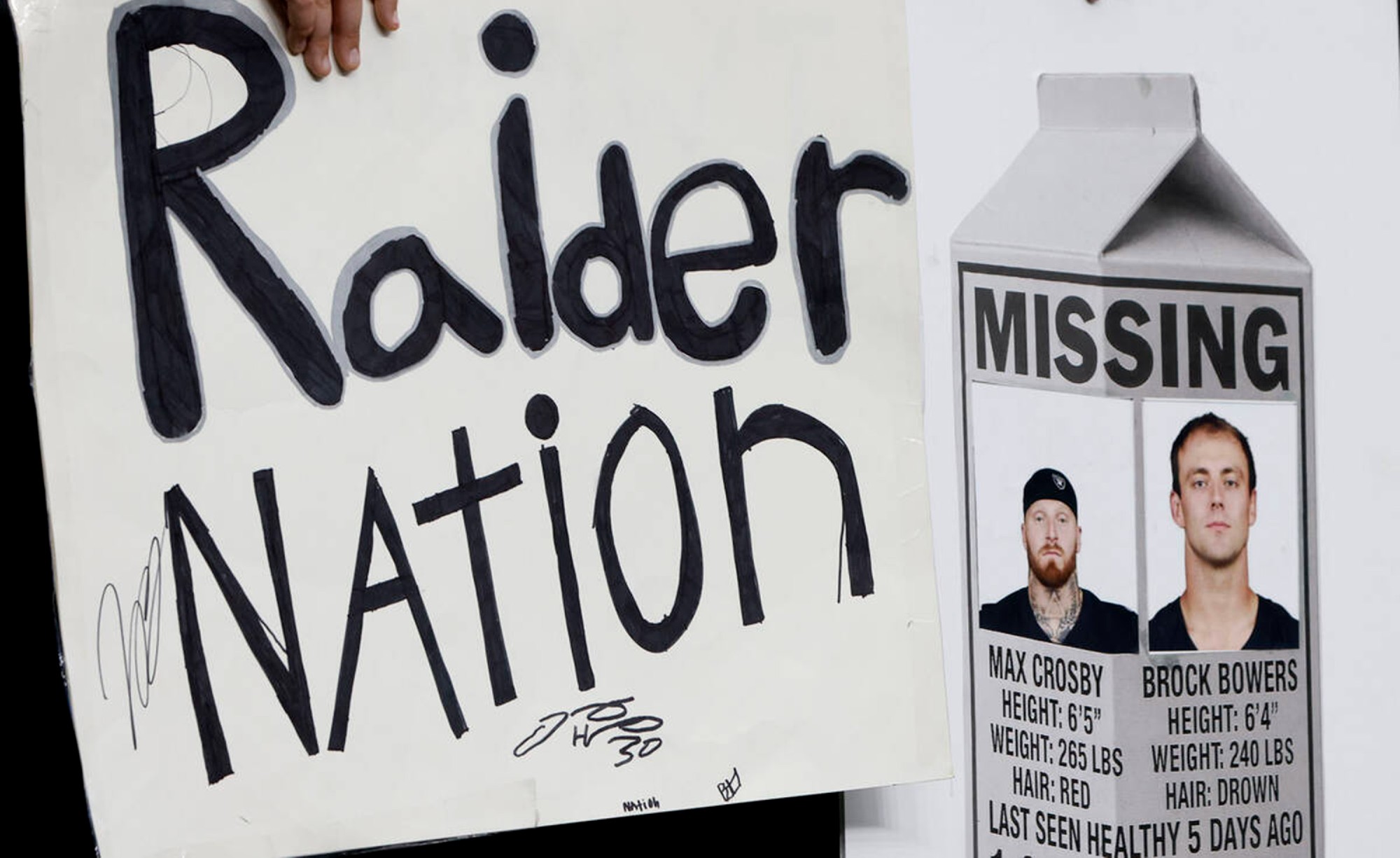 Is tanking ruining sports?
Is tanking ruining sports?Today's Big Question The NBA and the NFL want teams to compete to win. What happens if they decide not to?
-
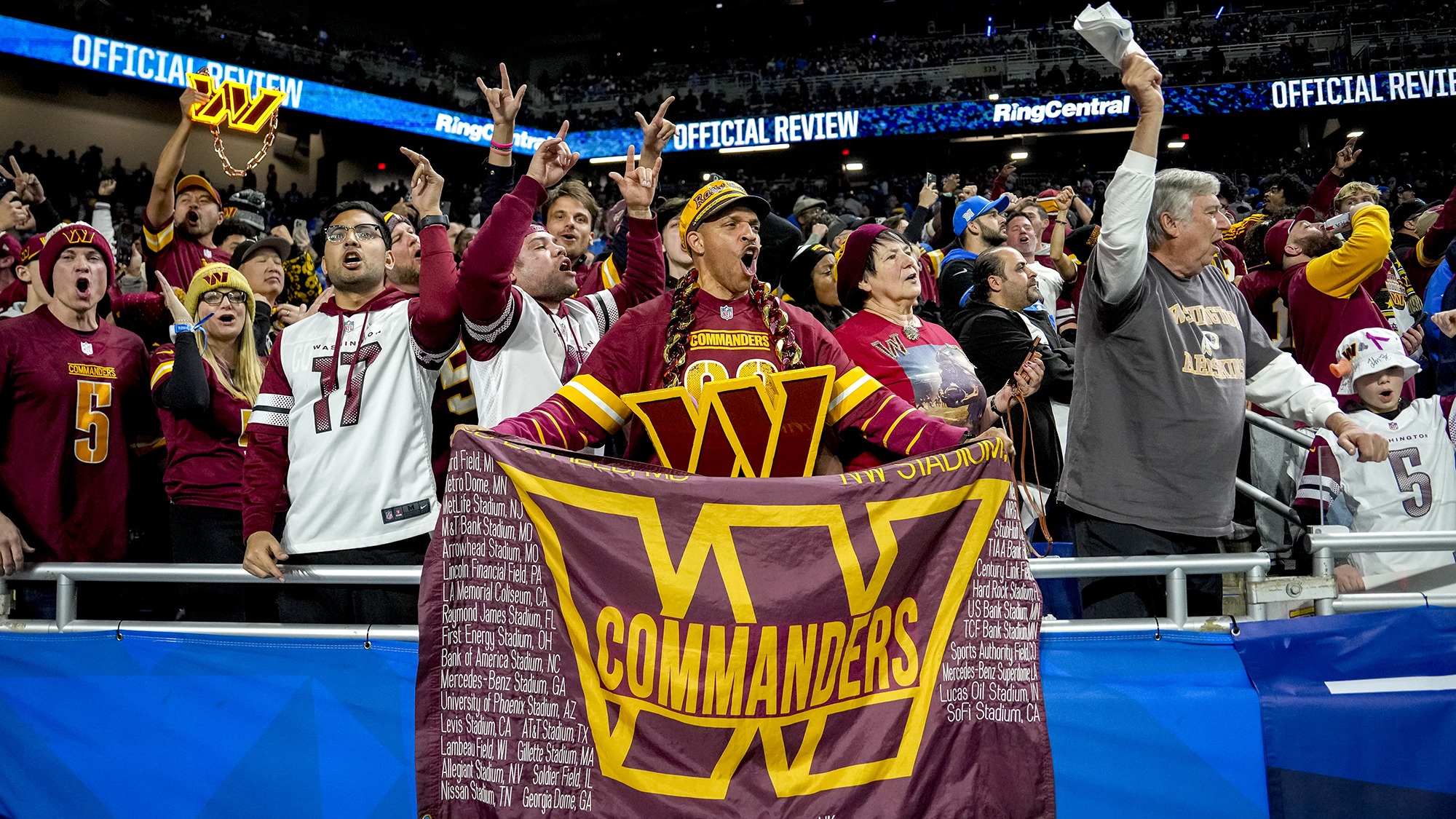 Trump orders NFL team to change name, or else
Trump orders NFL team to change name, or elseSpeed Read The president wants the Washington Commanders to change its name back to the 'Redskins'
-
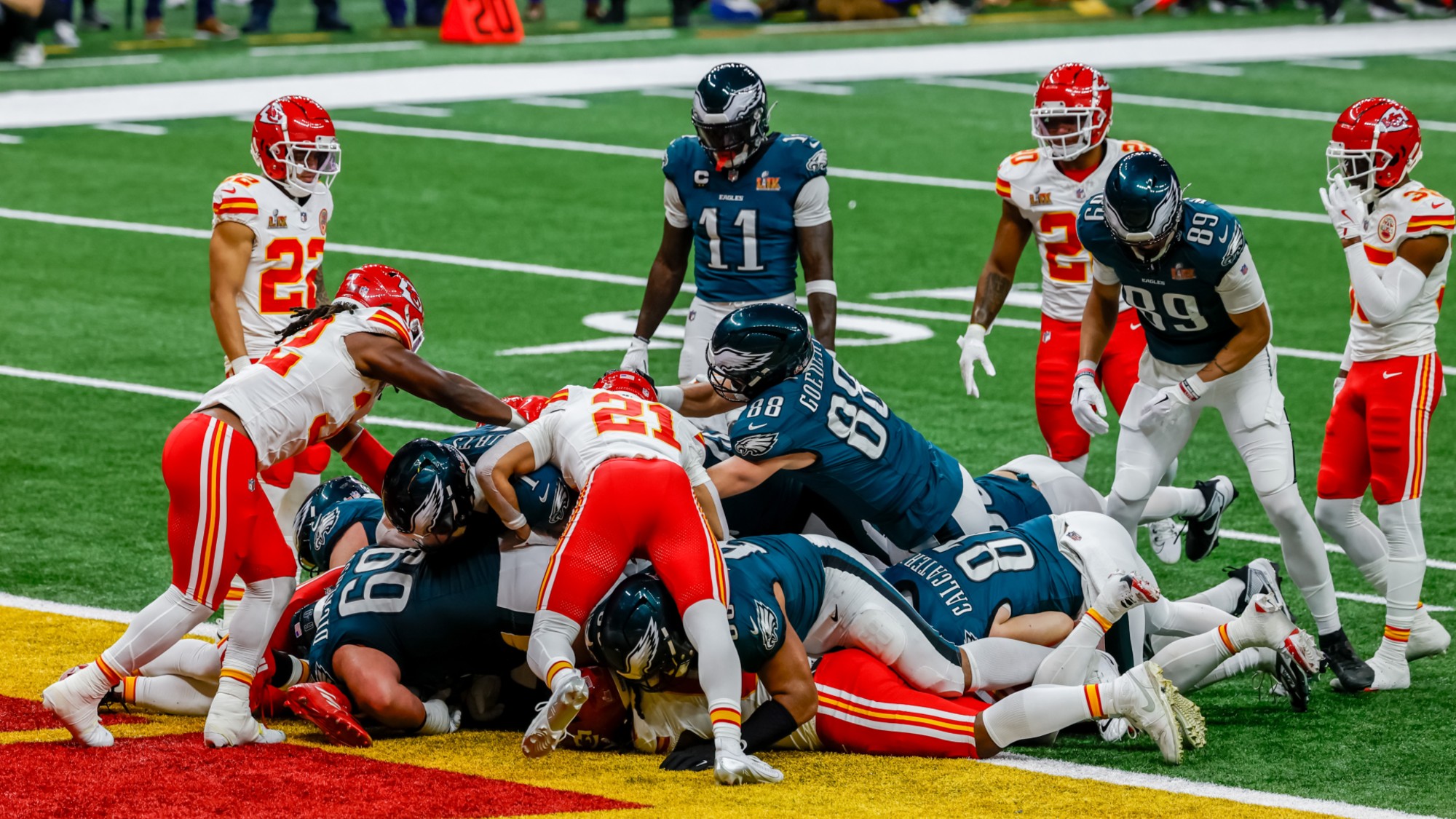 Why is the NFL considering banning the 'tush push' play?
Why is the NFL considering banning the 'tush push' play?Today's Big Question The play is widely used by the Philadelphia Eagles, to other teams' chagrin
-
 Eagles trounce Chiefs in Super Bowl LIX
Eagles trounce Chiefs in Super Bowl LIXspeed read The Philadelphia Eagles beat the Kansas City Chiefs 40-22
-
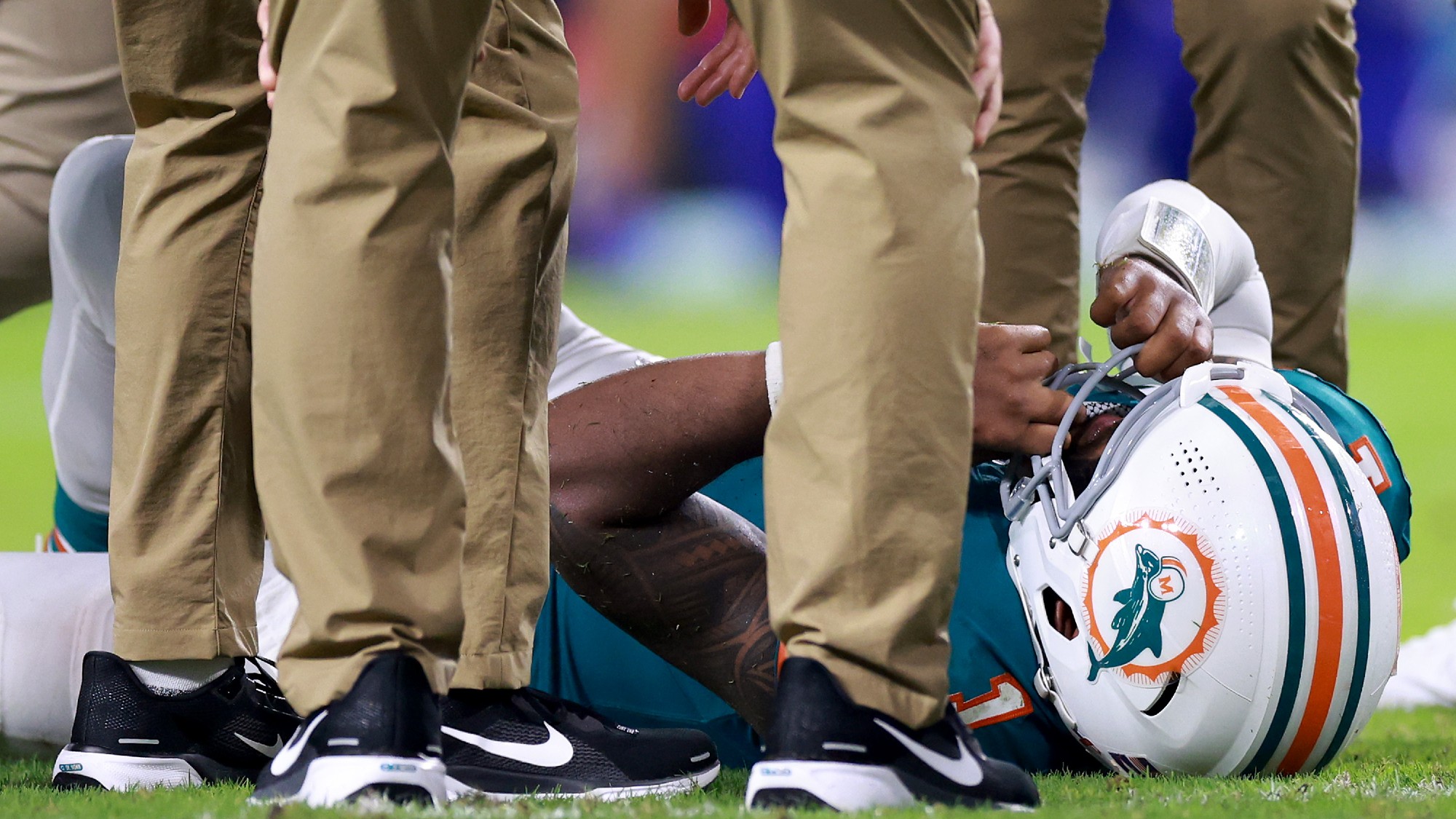 After Tua injury, can NFL make progress on concussions?
After Tua injury, can NFL make progress on concussions?Today's Big Question Dolphins QB faces calls to retire
-
 Cop benched after NFL star handcuffed in traffic stop
Cop benched after NFL star handcuffed in traffic stopSpeed Read A Miami-Dade police officer detained Dolphins star Tyreek Hill before the game
-
 The economics of taxpayer-subsidized stadiums
The economics of taxpayer-subsidized stadiumsIn Depth Shiny new stadiums can end up costing taxpayers billions
-
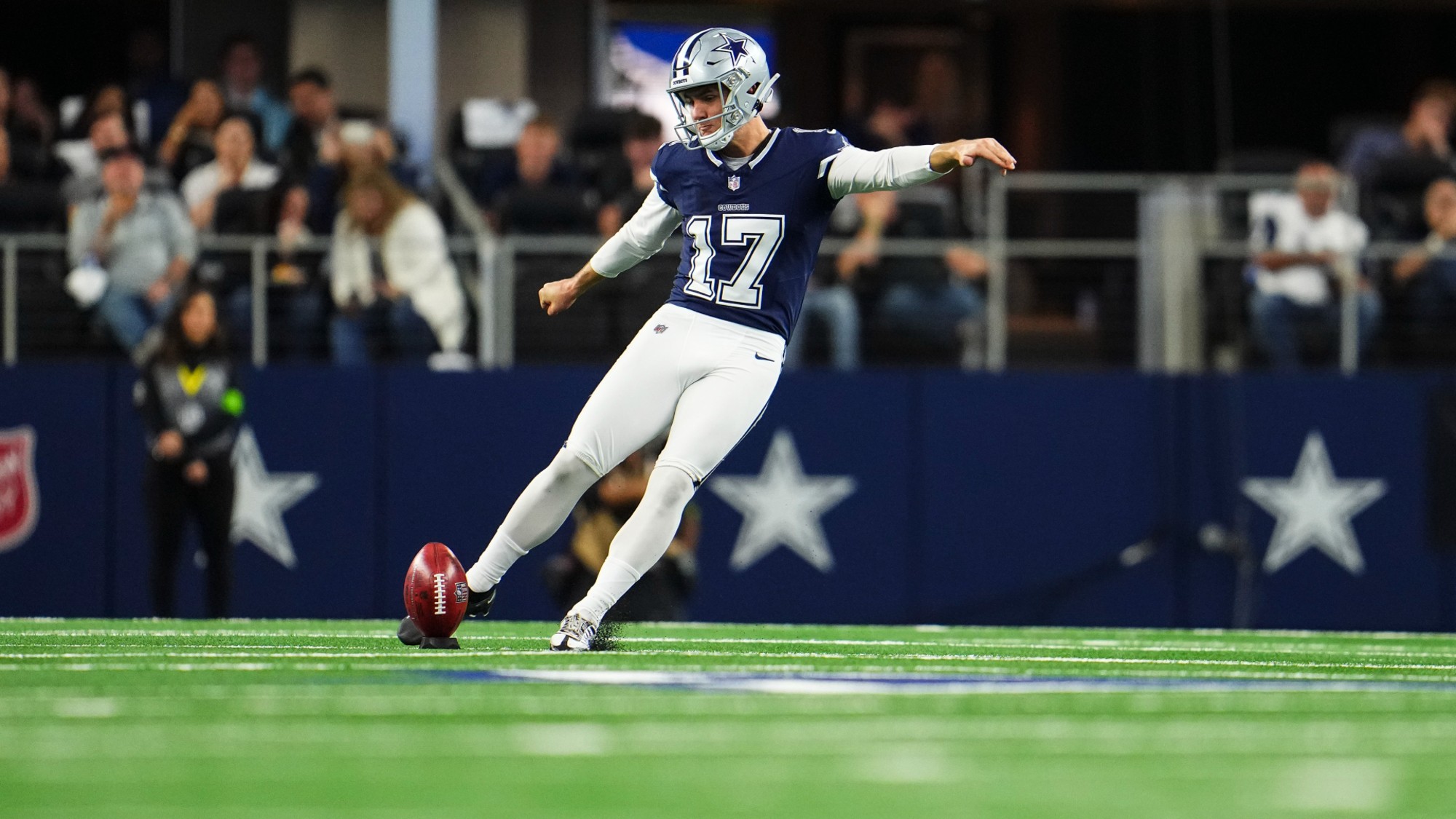 How the NFL's new kickoff rules could change football
How the NFL's new kickoff rules could change footballUnder the Radar The play will resemble the kickoff structure seen in the much-smaller XFL